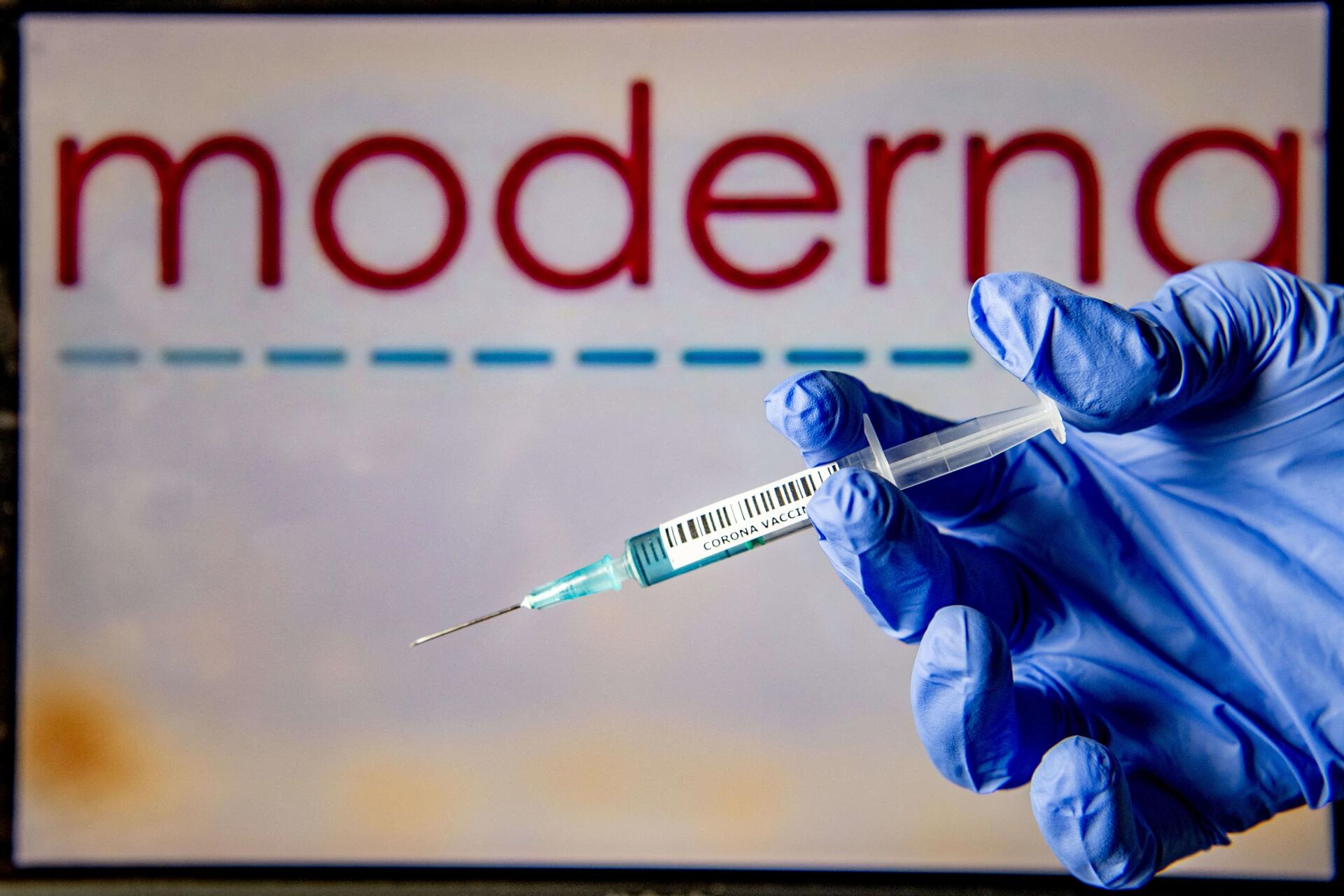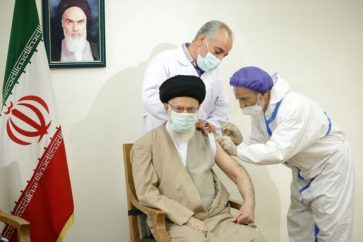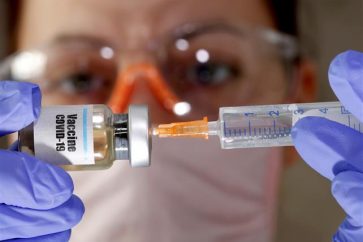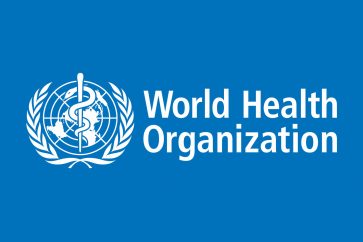Moderna is asking US and European regulators to allow emergency use of its COVID-19 vaccine, the Cambridge-based company said Monday.
The company announced that the primary efficacy analysis of its Phase 3 study of the vaccine conducted on 196 cases confirms the high efficacy observed at the first interim analysis.
The data analysis indicates a vaccine efficacy of 94.1%, the company said. The Phase 3 study, known as the COVE study, enrolled more than 30,000 participants in the U.S.
Vaccine efficacy has been demonstrated at the first interim analysis with a total of 95 cases based on the pre-specified success criterion on efficacy. Monday’s primary analysis was based on 196 cases, of which 185 cases of COVID-19 were observed in the placebo group versus 11 cases observed in the mRNA-1273 group, resulting in a point estimate of vaccine efficacy of 94.1%.
Moderna is just behind Pfizer and its German partner, BioNTech, in seeking to begin vaccinations in the U.S. in December. Across the Atlantic, British regulators also are assessing the Pfizer shot and another from AstraZeneca.
If Moderna’s vaccine is approved and effective, it would be given in two doses like Pfizer’s. The doses of the Moderna vaccine, however, would be given four weeks apart instead of three.
In addition, Moderna’s vaccine would only have to be stored at -4 degrees Fahrenheit instead of -94 degrees Fahrenheit like Pfizer’s does.
Moderna said the shots’ effectiveness and a good safety record so far — with only temporary, flu-like side effects — mean they meet requirements set by the U.S. Food and Drug Administration for emergency use before the final-stage testing is complete. The European Medicines Agency, Europe’s version of FDA, has signaled it also is open to faster, emergency clearance.
Source: Agenceis




